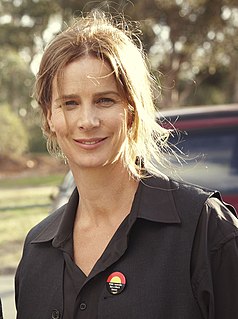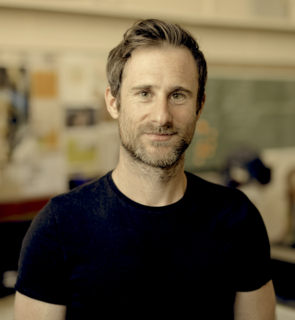A Quote by Gilbert K. Chesterton
The Christian pities men because they are dying, and the Buddhist pities them because they are living. The Christian is sorry for what damages the life of a man; but the Buddhist is sorry for him because he is alive.
Related Quotes
God, Who is by nature good and dispassionate, loves all men equally as His handiwork. But He glorifies the virtuous man because in his will he is united to God. At the same time, in His goodness he is merciful to the sinner and by chastising him in this life brings him back to the path of virtue. Similarly, a man of good and dispassionate judgment also loves all men equally. He loves the virtuous man because of his nature and the probity of his intention; and he loves the sinner, too, because of his nature and because in his compassion he pities him for foolishly stumbling in darkness.
I want people to know that LeCrae the person is a Christian. Just because you put a tag on me or my music that doesn't make me or the music more or less of a Christian. I'd hope the legacy that I'd leave that people say... No, he's not a Christian because he said he was or because his stuff was labeled that. He's a Christian because he lived it! And when you know him and you know his life this is someone whose life is marked by Jesus.
When I speak in Christian terms or Buddhist terms I'm simply selecting for the moment a dialect. Christian words for me represent the comforting vocabulary of the place I came from hometown voices saying more than the language itself can convey about how welcome and safe I am what the expectations are and where to find food. Buddhist words come from another dialect from the people over the mountain. I've become pretty fluent in Buddhist it helps me to see my home country differently but it will never be speech I can feel completely at home in.
Although I'm not Christian, I was raised Christian. I'm an atheist, with a slight Buddhist leaning. I've got a very strong sense of morality - it's just a different morality than the loud voices of the Christian morality.... I can't tell you how many films I've turned down because there was an absence of morality. And I don't mean that from any sort of Judeo-Christian-Muslim point of view. I'm not saying they're wrong and can't be made. But, fundamentally, I'm such a humanist that I can't bear to make films that make us feel humanity is more dark than it is light.
The man who is meek is not even sensitive about himself. He is not always watching himself and his own interests. He is not always on the defensive… To be truly meek means we no longer protect ourselves, because we see there is nothing worth defending… The man who is truly meek never pities himself, he is never sorry for himself. He never talks to himself and says, “You are having a hard time, how unkind these people are not to understand you.
I think the Buddhist ethic is clearer and more systematic in some ways. The Buddhist notion is that our chief problems are greed, hatred and delusion. Well, delusion is not much mentioned in the Christian tradition. In the West, we have underplayed the idea that our moral and spiritual troubles have to do with a lack of clarity or insight because original sin has dominated so much of our thinking. We tend to think that our troubles are caused by insufficient will power.
Where is fate and who is fate? We reap what we sow. We are the makers of our own fate. None else has the blame, none else has the praise. We make our own destiny.
The Christian is not to become a Hindu or a Buddhist, nor a Hindu or a Buddhist to become a Christian.
Each must assimilate the spirit of other religion and yet preserve his individuality and follow his own law of growth.
Sorry means you leave yourself open, to embrace or to ridicule or to revenge. Sorry is a question that begs forgiveness, because the metronome of a heart won't settle until things are set right and true. Sorry doesn't take things back, but it pushes things forward. It bridges the gap. Sorry is a sacrament. It's an offering. A gift.





































